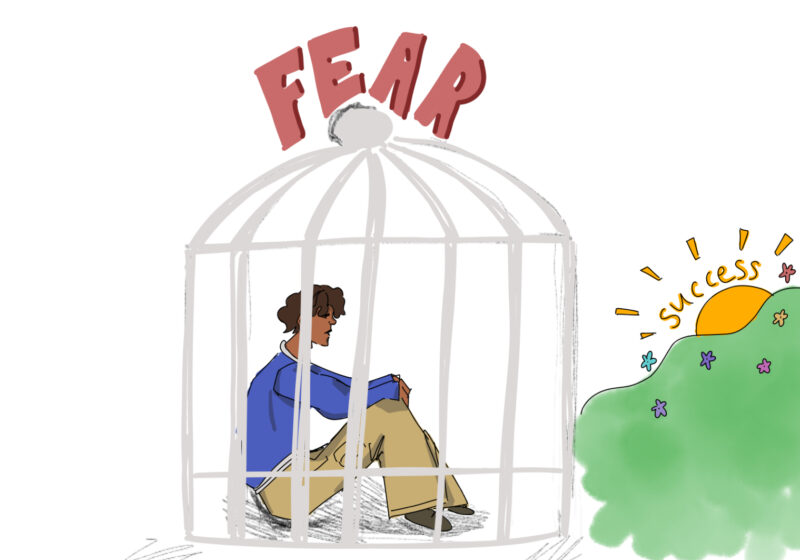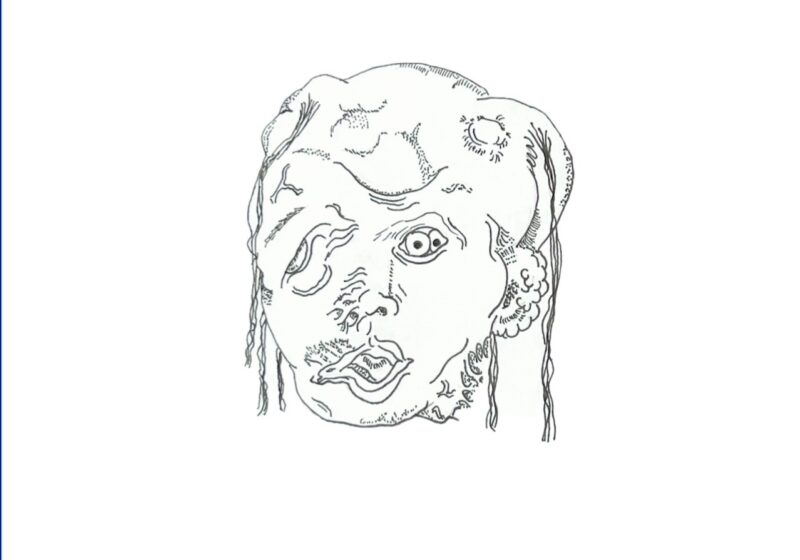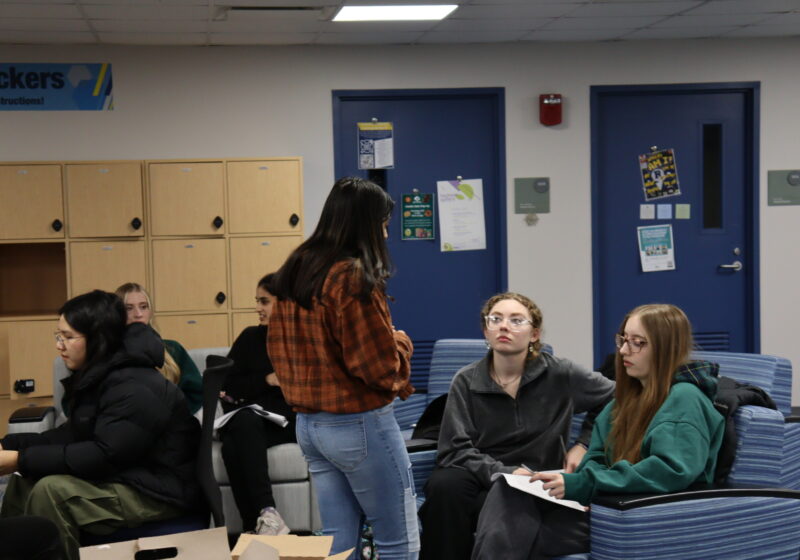The fear of rejection is one of my biggest fears, right after long-legged and fast crawling/flying insects. Keeping myself in a safe bubble and doing things that I know I can perform well on was my favorite pastime. But I had to step out of the bubble sooner or later, with the first important out-of-my-comfort-zone experience being applying to college.
I applied to a whopping six colleges (woo!). When I received my first college rejection, I was in the middle of moving sets onto stage during my senior musical. I remember clutching my phone trying to remember the password to the application portal in the darkened stage left while someone belted the lyrics to a song from “Tuck Everlasting” on stage; my face was surely red and my heart was pounding out of my chest while I waited for the school internet to connect faster. I opened the portal and when the letter started with “Thank you for your application to [NAME] university. After a careful review…” I felt my face growing hotter. Although I had no idea why I wanted to apply to this college — it was a college I was not thinking of going to even if I did get in — the rejection still stung. A lot.
This fear is applicable anywhere else: fear of getting rejected from a job offer, fear of getting rejected when asking someone out, fear of having your project or ideas rejected, or even the fear of being rejected from your friend group, among so many other situations. I cannot tell you how many times I passed up the opportunity to apply to internships or fellowships because I always thought there were better applicants out there. Each rejection felt like a stab of “you’re not good enough,” and because of this fear, I missed out on so many opportunities to grow.
Social rejections sting just the same as vocational rejections, if not more. As someone who is guilty of never starting a conversation with a stranger, I have so many experiences of crawling into my head in a crowded space with constant self-conscious thoughts about not fitting in, constantly feeling like someone is only looking at me because I have something on my face. At least vocational rejections mainly come in email or phone call form, but social rejections? That rejection is all horrifyingly, atrociously, in person.
Social acceptance is something that most of us cherish. The mere threat of something or someone taking that away is something that not many of us want to experience. That’s why so many people, myself included, are so particular about the things or people we pursue. I still struggle with greeting strangers, but have gotten better at pursuing opportunities that I’m interested in, only held back slightly by the fear of rejection. After all, experiences help smooth out the aftermath of a rejection.
Even now, when I get a rejection letter from a certain internship or scholarship application, I have the same immediate reaction, no matter how many rejections I’ve gone through. But the aftermath does get easier; I sulk over the rejection less, being able to bounce back and submit another application quicker. Along the journey of rejections, I realized that I wasn’t incompetent, but that everyone else may be more competent. And that was okay.
Everything we do has rejection attached to it in some way; but when we succeed in whatever we do, the reward tastes sweeter than something that was easily obtained. Rivaling the feeling of rejection is the feeling of the “what ifs.” The “what ifs” are bittersweet, feeling like you had the opportunity and power to grasp it but always just out of reach. Receiving rejections does not mean you’re not good enough, it means that you tried your best for the time being. It could very well just be chance and luck. The “what ifs” embody the tiny human on your shoulder constantly yapping into your ear about the loss of an opportunity simply because of this fear, which in my experience, is so much worse.
This fear will never truly go away. I’m still terrified to write and publish my articles; I’m still terrified of proposing prompts for opinions during budget with the chance of someone laughing at them (in a not-so-friendly way). But it is thrilling when people do take an interest in them; it is thrilling to know that I wrote what I wanted to say, explored my mind, and learned more about myself and the world along the writing process.
Uncertainty is scary, but without experiencing the scariness, we would never grow, would we?






